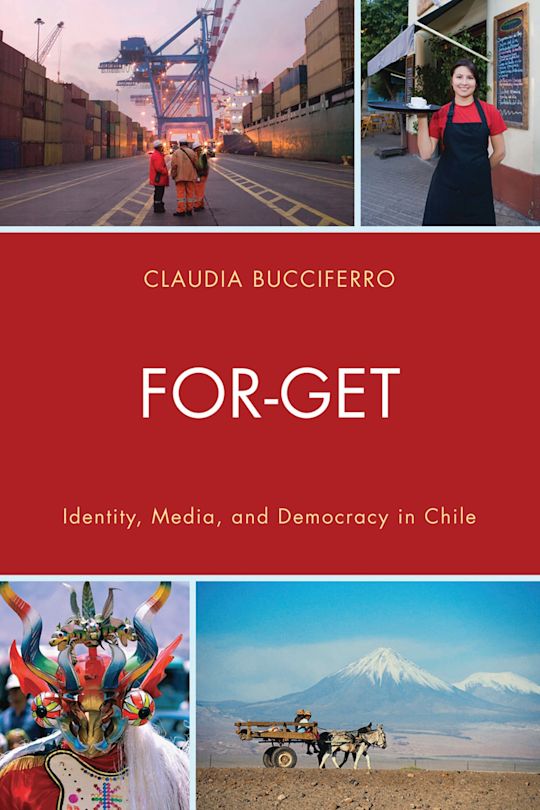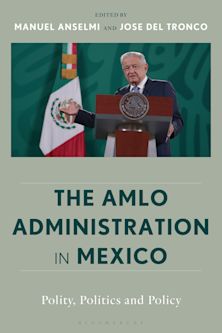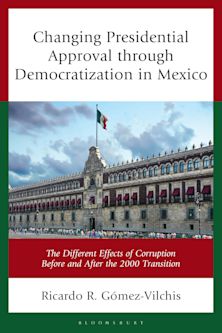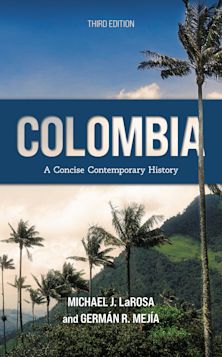This product is usually dispatched within 3 days
- Delivery and returns info
-
Free CA delivery on orders $40 or over
You must sign in to add this item to your wishlist. Please sign in or create an account
Description
The election of Michelle Bachelet, the first female president of Chile, brought to the public sphere topics such as gender, inequality, and the legacy of seventeen years of military rule. Former dictator Augusto Pinochet instructed Chileans to “for-get” and move on, but this is complicated because individual and collective identities are anchored in memory and articulated through discourse. What happens to a nation and its people when the obliged referent of their recent history is one that hardly anyone wants to address? This book reveals the incongruity between what current media say about Chilean identity and what most people experience, showing the tensions that prevail within a society that is also quickly changing due to globalization. The author engages with the old dichotomy between agency and structure, proposing a new model for understanding identity from an intercultural perspective.
Table of Contents
Acknowledgements
Introduction: Notes on Methodology
Chapter 1: Theorizing About Identity and Discourse
Chapter 2: Identity, Memory, and the Shared Past
Chapter 3: Tradition, Roles, and Women’s Identity
Chapter 4: Class, Identity, and the 2010 Earthquake
Chapter 5: National Identity in a Global World
Epilogue: The Rise to Power of the Political Right
Bibliography
References to Chilean Media Articles
Index
Product details
| Published | May 03 2012 |
|---|---|
| Format | Paperback |
| Edition | 1st |
| Extent | 212 |
| ISBN | 9780761858959 |
| Imprint | University Press of America |
| Dimensions | 229 x 151 mm |
| Publisher | Bloomsbury Publishing |
About the contributors
Reviews
-
…A fabulous piece of work and a significant contribution to our understanding of how a society and a culture adjust, or do not, to the forces of history. The deep autobiographical element works brilliantly, with the author interweaving her own story with a powerful analytical inquiry into the nature of Chile in the post-Pinochet era, based also on extensive fieldwork and an analysis of several media outlets. For me, though, perhaps the most remarkable aspect is that despite the fact that she is not writing in her native Spanish, the book is beautifully written, enthralling, and at times deeply moving.
Michael Tracey, University of Colorado at Boulder
-
The honesty with which the author shares the inner conversation that takes her back and forth from her native Chile to the United States will be fascinating for American audiences. Her journalistic background gives the book a vivid style one does not necessarily find in academic work, making it a splendid read for the general public. Bachelet’s presidency was a momentous period. With sound insight, the author does not shy away from the immediacy of the events, engaging the reader in a most compelling and up-to-date historical conversation.
Liliana Trevizan, State University of New York at Potsdam


































